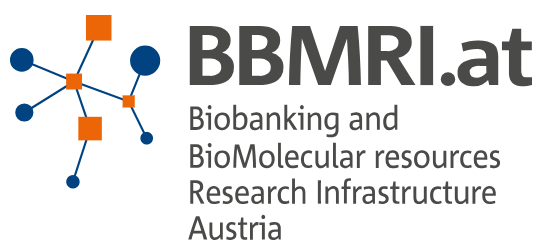Secondary Use of Data under the EHDS and Biobanking – What Is the Role and Impact of Broad Consent? The Austrian Case

Secondary Use of Data under the EHDS and Biobanking – What Is the Role and Impact of Broad Consent? The Austrian Case
In order to facilitate the re-use of data and research samples for scientific research purposes, biobanks often rely on broad consent forms. Broad consent allows research participants to consent to the use of their samples for future unspecified research purposes. At the same time, broad consent aims to protect the rights to privacy and data protection by means of monitoring by independent bodies, including ethics committees. Although not explicitly regulated, broad consent is also mentioned in Recital 33 of the General Data Protection Regulation (GDPR). Austrian law recognizes broad consent as a valid legal basis in the Austrian Research Organization Law (Forschungsorganisationgesetz, FOG). However, the landscape for broad consent in Austria is still highly fragmented with each biobank having their own consent forms.
The aim of this workshop is to explore and discuss how the entry into force of the European Health Data Space (EHDS) regulation might impact how consent for biobanking is regulated in Austria. Ideally, the discussion should focus on ethical, legal and social issues (ELSI) as well as practical matters concerning broad consent in biobanking and the EHDS.
Questions for Discussion:
- Is broad consent compatible with the secondary use system under the EHDS?
- With the implementation of the EHDS in Austria, will there be need for a more streamlined approach towards consent for the use of data and samples from biobanks?
- What about the role of the right to opt out from secondary use in the discussion on broad consent?
